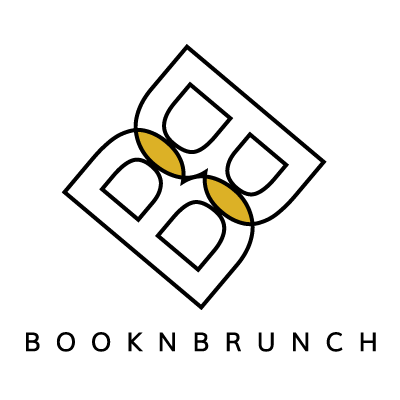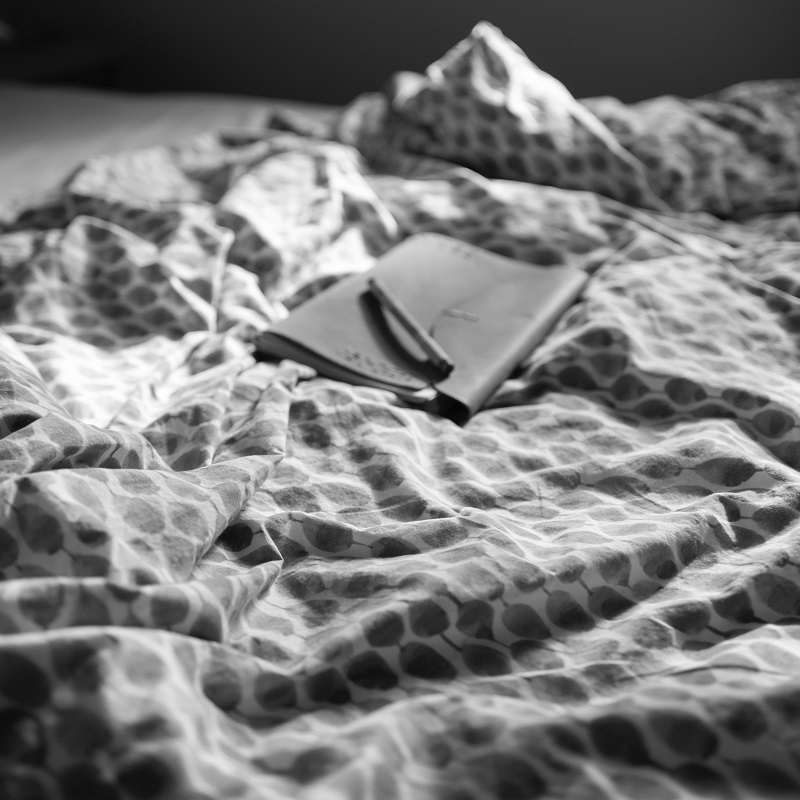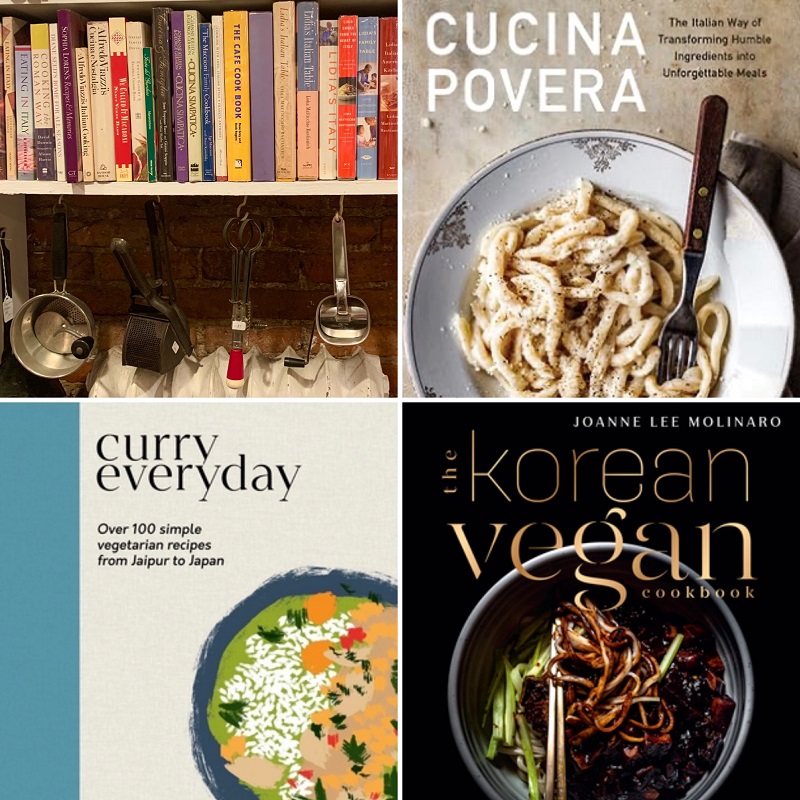Self-Care Straight Talk from Dr. Tiffany D. Pogue
Who is Dr. Tiffany D. Pogue?
The phrase “multi-faceted” comes to mind when talking about Dr. Tiffany D. Pogue. Holistic life coach, educational consultant, public speaker — this Alabama native is at the forefront of the revolution in Black self-care, lighting the way with her insights on culture, spirituality, and history.
“I wanna be in chorus, I don’t have to lead the song.”
“Dr. Tip” has been teaching courses related to culture, diversity, educational history, educational philosophy, and educational psychology at HBCUs (historically Black colleges and universities) for close to a decade, and is currently an assistant professor at Albany State University a few hours south of Atlanta, Georgia.
Her passion for literacy, education, and the healing gifts of Black spirituality also extends into her role as a holistic life coach, where she has created a unique approach to success. Online, Dr. Pogue has attracted a wave of followers on social media with her straightforward yet supportive brand of wisdom. And for the Black diaspora, which finds itself in need of support in an especially challenging year, Dr. Pogue’s regular musings on self-care have definitely found an audience.

Getting to know Dr. Tiffany D. Pogue
As a life coach for Black women, your approach to holistic success involves “History, Culture, and Spirituality.” Can you tell us more about the usefulness of this specific combination to help your clients reach success?
I believe that every person is a whole person and they’re made up of their individual contexts. Everybody has their own historical lineage that they’re coming from, their own cultural perspective. Whatever they believe spiritually shapes their experiences and interpretations of the world. And so, it’s important to me when I work with women to help them see that the things we want don’t occur in vacuums, that everything in our life affects every other part of our life. And we have to think holistically about how we bring more joy to ourselves.
How does spirituality play a part in your own life as a whole human? And how does it inform your work?
As a scholar, I can honestly say that most of my research projects have been the result of dreams. I’m a big dreamer and spirit communicates with me primarily through my dreams and dream imagery. I had a reading one time with a Babalawo, a priest of the Orisha Ifa, and he told me that Shango’s request of me (the orisha of justice and thunder and lightning) was that my spiritual work and my professional work be one and the same.
And so, in my life coaching, even if my clients are not Lukumi or Palo or Hoodoo or Conjure — I’ve been raised Southern Baptist so it gives me a bunch of different frameworks to approach issues — I use the stories embedded within the (African) traditions to make points and to help people see the deeper meanings of things.
Life in 2020 has pushed many of us out of our comfort zones — from lifestyle changes due to Covid-19 to the confrontation of and discussion of systemic racism. And although there’s a lot of doom and gloom in the media these days, this upheaval presents an immense opportunity for a cultural shift in the way we engage with ourselves and with each other: how we deal (or don’t deal) with stress, and the importance of developing resilience.
What are your thoughts on self-awareness and self-care as tools for healthy civic engagement, and what’s the one step you would encourage people to take towards improving self-care?
It’s incredibly important right now that we acknowledge the normalcy of being frustrated and scared and anxious and depressed. It’s also important that we give ourselves grace as we pursue resilience. I don’t think we should put judgement on ourselves because we’re feeling what we feel.
Right now, depending on where you live, gardens are being transitioned from spring and summer fruits and vegetables to the ones that grow better in cold weather. In our own backyard the corn plants are gone, the beans, the watermelon, we tore all that up… left some of it behind, mashed it down in the soil, and turned everything over. So what seemed to be a very destructive process is now making fertile soil for our fall fruits and vegetables. And I think we have to begin to see 2020 in that way… it may not be the curse we think it is. I think it’s more of a blessing of the new fertile soil.
For example, we’re seeing these social institutions being attacked by politicians who don’t care about anything but power. It gives us a new opportunity to imagine these institutions in an entirely different way, for the people by the people, right? So I think we need to allow ourselves to feel what we feel, but also be conscious and aware that in order to change things we have to shift how we think about them.
My thoughts on self-awareness and self-care are that healthy civic engagement is a form of self-care. I think, unfortunately, because of how pop culture addresses self-care, we’ve kind of relegated it to meditation, guided reflection, yoga, bubble baths, massages. All of those things, yes, are very important parts of self-care; I would put them in a tool kit for anyone who can afford to have them.
We also need to be creating social services where we can provide them to people who can’t afford them because I think that’s part of taking care of community. So I have to be informed about what’s going on in my community… and I don’t have to be the expert. I can just join my voice to those that are already singing the song. I wanna be in chorus, I don’t have to lead the song. And I definitely want to be in chorus with those who are more informed about healthy civic engagement than I might be. I think it’s important for us to join organizations, not in membership only, but also to financially support those organizations that are doing the work in our communities that ensure our health and our wellbeing.
I think one of the ways that we influence more people to be involved in self-care is to help them see just how sacred they are. You take care of things that have value. I don’t know that we ever used my grandmother’s china (laughs) but she protected it, she kept it safe. She did take it out occasionally to dust it and to clean it… because she valued it. And I think one of the things we might sometimes miss in self-care is that we have to do the mind work and the heart work that helps people see that they are sacred and deserving of care. And once they see that, it becomes easier to enter into a self-care practice.
What’s on your bookshelf, and what books would you recommend reading right now?
Y’all know how I preach Two Thousand Seasons (by Ayi Kwei Armah), get you Two Thousand Seasons. Anything by Ayi Kwei Armah. Anything by Asa Hilliard.
Another book that is really powerful right now, and I’m biased ‘cause these are my girls, it’s called The Moustache Twins: Storying Experience to Love Writing (by Denise Johnson and Latrise Johnson). I am a literacy scholar by training, I believe that all of us can negotiate some of our internal feelings through journaling, writing our stories and narratives, and sharing (them). Black folk are a storied people. Like that’s how we transmit culture, that’s how we transmit contextual understanding, we tell stories. That’s how I teach, I teach in the form of stories and proverbs. And this book helps people learn how to develop that voice so I think that’s important.
What’s your favourite comfort food?
Depends on my mood but it usually involves some kind of pasta. Now I’m from the Gulf states, I’m from Mobile, Alabama, so a good pot of gumbo this time of year is what I need.
Is there one “me time” go-to ritual that supports your wellness?
Reading. Reading. It used to be fiction, sometimes like Afrofuturistic-type fiction, but it has become 19th-century resistance literature. It really supports my wellness because it reminds me that we have endured. But it also helps me think more deeply about strategy.
Are there any daily habits that get you in the creative zone? What keeps your mind clear and keeps you going?
I gotta listen to music (laughs). Music is a constant for me. When I wake up in the morning I have Alexa turn on my Tidal. I play it if I’m at work — Pandora or Tidal. My kids know if they come in my office I gotta turn down the hip hop. In fact, I was just telling my partner the other day, on my way to my dissertation defence I had Wu-Tang’s “Triumph” on repeat (laughs).

As our world increasingly goes online, many women are starting businesses through social media and learning how to maintain a healthy work/ life balance. When you were starting out, how did you ensure that you were making time to nurture authentic connections and relationships while chasing your dreams?
I don’t know if this is a strength or a weakness but I am afraid, very, very afraid of networking. One is because I’m an introvert and shy, but probably more than that is that I’ve never wanted anyone to think I’m taking advantage of them. I don’t like salespeople, sales strategy, that kind of thing. I’ve done the business coaching, taken business classes, and it’s kind of frustrating because I don’t feel authentic in that. I don’t know if that’s a hindrance to my business or not.
I think authenticity is why I am where I am right now and not necessarily the sales funnel. Part of my approach to business is if I develop my skills, pursue excellence, do what I think is right and do right by people, then customers and clients will come.
My grandmother lived to be 100 and one of the things she used to say was as you get older, chile, you start tryin’ to get into heaven (laughs). I don’t know if that’s what it is but I’m just trying to live right and do right by people, and that’s the way I move in the world.
If you could pick one person to have a conversation with over dinner, who would it be and why?
It would probably be Toni Morrison or Lucille Clifton for the very same reason, and that is that they were women writers. I think they created worlds with their words, but most importantly both of them had very explicit relationships with spirit that shaped their writing. I would want to have a conversation with them and figure out how they felt safe enough to do that. I’ve got some books in me that I have not been able to give birth to because of the hesitation of documenting spirit talk.
What simple pleasures bring you joy and make you feel the most alive?
Love. Loving my friends, loving my family and being with those people. I really do enjoy family time. It’s probably a handover from my grandmother who used to fry fish on Fridays in Mobile, Alabama and the whole extended family could come get a plate and it was a house full of people laughing and playing and joking. I’m like that.
And It doesn’t have to be someone who’s related to me by blood. There’s an organization, Teaching in the Urban South (TITUS) that is, probably outside of my blood family, my closest family. When we have time sometimes we rent cabins to get writing done and that kind of thing. That brings me joy, to know I’m in this world with people who move through the world like I do.
What advice would you give to your younger self?
Baby girl, it’s not your fault (laughs). Not your fault. Especially Black women. I’ve not met one yet that does not have a “Me too” story and a lot of us carry that guilt every single day. And I wish I could tell… well I’m telling her, telling my 12-year-old self, it is not your fault.
By the time we go to print, we may have the results of the U.S. election. What’s the one thing you hope people will keep in mind, regardless of the outcome?
We create our realities. We have the autonomy to create whatever it is that our communities need, and I think we take that lesson from the maroon settlements during the period of the transatlantic slave trade. You’ve got Palmares in Brazil that lasted 500 years, a maroon settlement where runaways were in allyship with Native Americans (creating) communities of safety and support. Despite what the political government was doing, the people had their own thing going. And so, regardless of the outcome, it’s important that whomever is in office — whether it’s our party or somebody else’s party or we don’t identify with either party — we build what we need.
Are there any exciting projects in the works that you can share with us?
I’m going to offer my very first masterclass, it will start on November 15th, 2020 and it is the So, So Sacred Masterclass. Really, what inhibits a lot of us from having a disciplined, radical self-care practice is that we haven’t yet discovered the sacredness of ourselves, and so that masterclass is designed to work with people. I’m also finishing up the book Roots and Writing which will be about Black women’s spirituality and their relationship to literacy. So I’m excited about those two things.
Feeling inspired to make changes? Read more about Dr. Tip’s offerings on her website or catch one of her podcasts here. You can also follow her on Instagram and Facebook.
If you’re an author who’s interested in being featured on The Journal, we’d love to hear from you! Email us here.
Keisha Paterson is a lifetime writer of sticky-note poetry who enjoys comfort foods, self-care holidays, and Hawaiian dance. A prolific wanderer, she loves to discover and take home old orphaned books and eclectic records. She is an office manager, private yoga instructor, and freelance editor in Toronto.
Favourite Book: Wouldn’t Take Nothing for My Journey Now by Maya Angelou
Favourite brunch spot: Sisters and Co.




